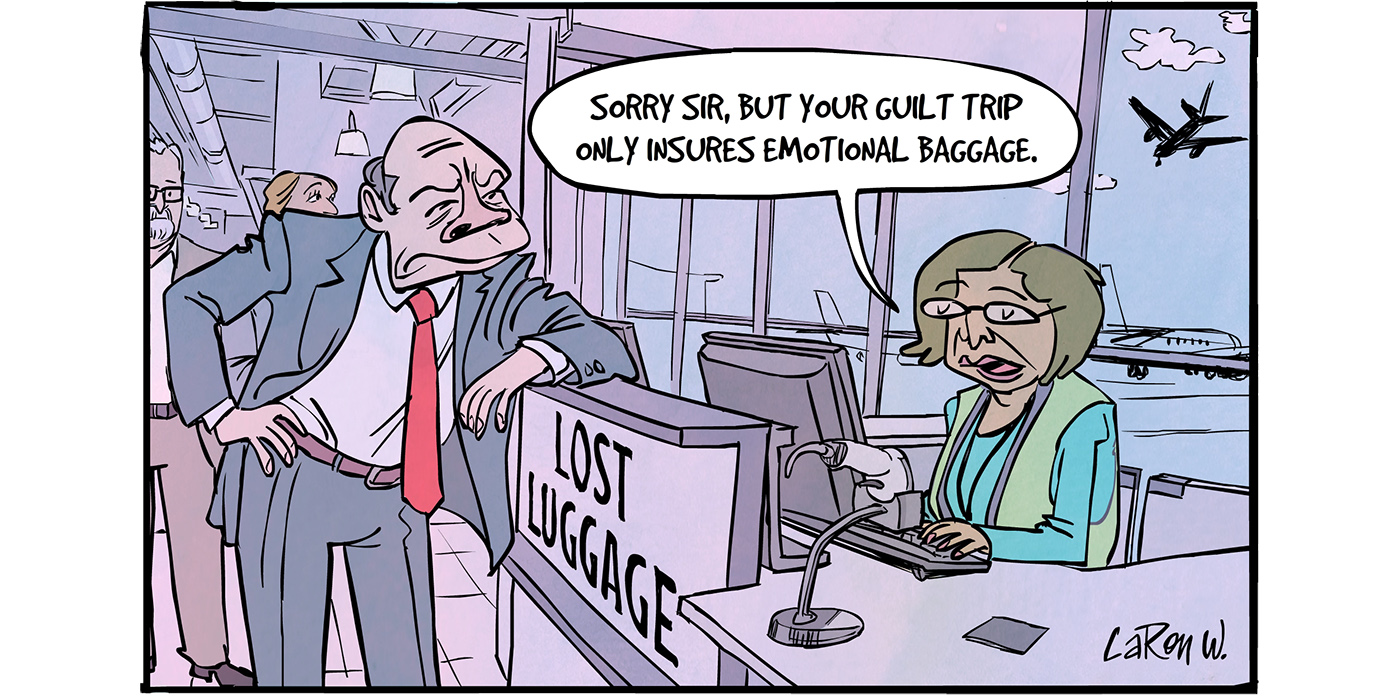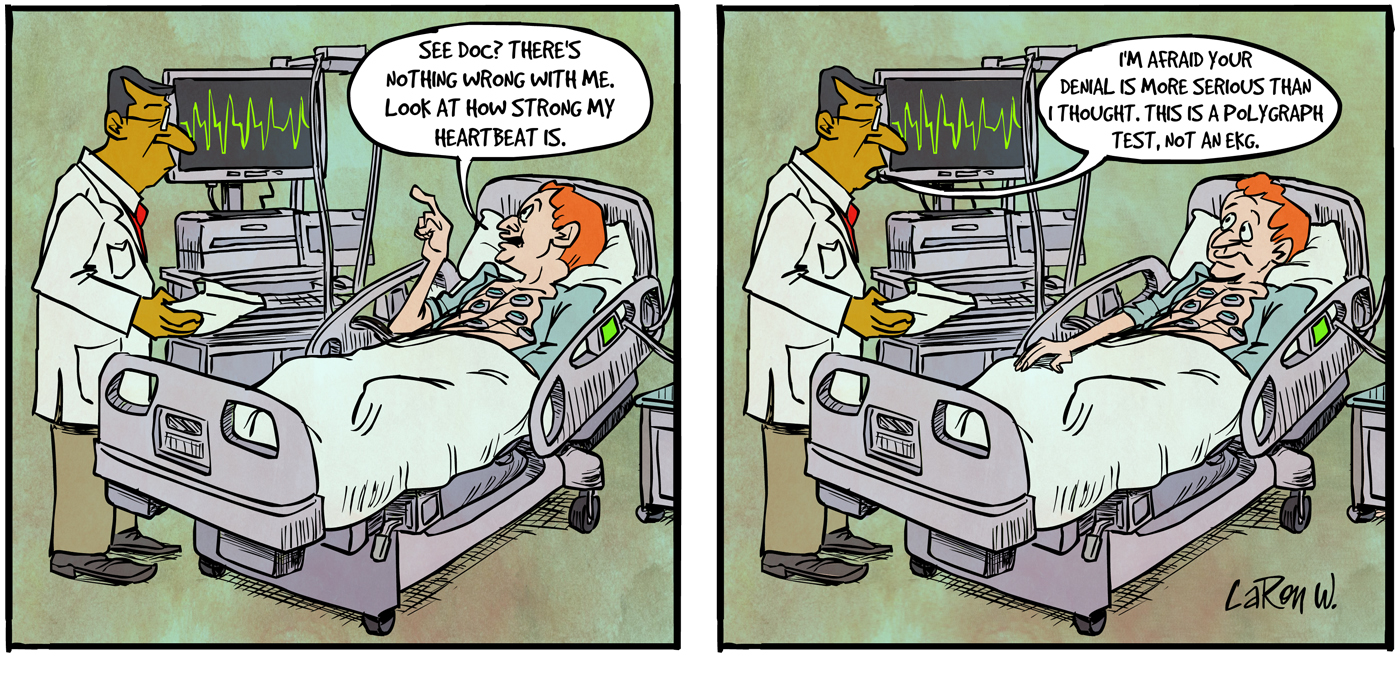
The Steps removed shame and perfectionism, a deadly combination that blocked her from being vulnerable.
When I feel shame, I feel vulnerable. The definition of vulnerability is “the inability to protect oneself from being wounded, attacked, or ridiculed.” The dictionary also mentions “a person in need of special care, support, or protection.”
When I am shamed by others or myself, I tend to look down, to blush, to want to cover my face, crawl into a hole, or run away.
Shame blocked me from entering the door of the Program. I couldn’t work beyond the First Step. Shame can cause relapse at the First Step, the Fourth Step, or the Ninth Step.
For years, I had sobriety, but shame blocked my recovery. I was not happy, joyous, or free.
Shame is learned in childhood, as early as birth to age three. Guilt is learned beginning from the age of reason, around seven.
Guilt is about what I do or say that is a mistake, e.g., acting out thoughts and behaviors.
Shame says I am a mistake. It destroys how I feel about myself, affecting my self-esteem and identity.
Words, looks, and gestures can say I am not good enough. I came to believe them and tell them to myself into adulthood! The consequences of these shame messages or beliefs are as follows:
- I’m uncomfortable being with myself or being myself.
- I am uncomfortable with compliments.
- I use words like “should, ought to, have to, must.”
- I fear not doing it perfectly, so I procrastinate because I tell myself it is overwhelming.
- I think in terms of what is right or wrong, black or white, no gray areas allowed.
- Even when I do well at something, it is not good enough; I’m never good enough.
- If I make a mistake, I think I’m a bad person, and I feel worthless.
- I desperately need to be right.
- I am very sensitive to criticism and negative feedback.
Shame attacks four basic beliefs about myself. Shame says I am unlovable, unworthy, not safe, and not to be trusted, not whole. I am empty. The acronym for SHAME is Should Have Already Mastered Everything. Shame is the feeling, and perfectionism is the character defect that compensates or balances my feeling of worthlessness!
You might say that I was addicted to perfectionism or that it was part of my obsessive-compulsive personality. I needed others to affirm my self-worth. I needed to people-please, be the best, know the most, give or work until it hurt. All this built resentments. Then I put my resentments on others by judging them, just as I judged myself. I blamed others, and I found fault with others to blind myself to my own faulty thinking and behavior. This process created feelings of self-hatred, guilt, and shame, which fed my addictions.
I needed the courage to be vulnerable, and shame is a major block to vulnerability for me in both my Program and life. When I am in shame, I seek to people-please, guess what others want to win their approval, or try to manipulate others or circumstances for what I want. I feel like a victim, and those behaviors and the resulting feelings feed my addictions.
On the other hand, when I have the courage to be vulnerable, I let others see who I really am. It is about being myself instead of projecting an image or mask to gain acceptance or avoid rejection. I ask for what I want and I take responsibility for my thoughts, words, and actions. I learn from my mistakes instead of playing the victim or trying to play God. I gain integrity, self-respect, and self-esteem.
Vulnerability is not about disclosure; it is about the appropriate openness with those people who have earned my trust. In other words, I can draw appropriate boundaries. As I work the Steps within the safety of our Program, I learn appropriate boundaries, and as I share my mistakes and defects, the guilt and shame gradually lose their power to feed my addictions. My disease and defects only tarnish my beautiful real self. I remove the tarnish by working to reveal my real self. I can feel and believe that I am a worthy child of God.
Tricia S., Pennsylvania, USA






